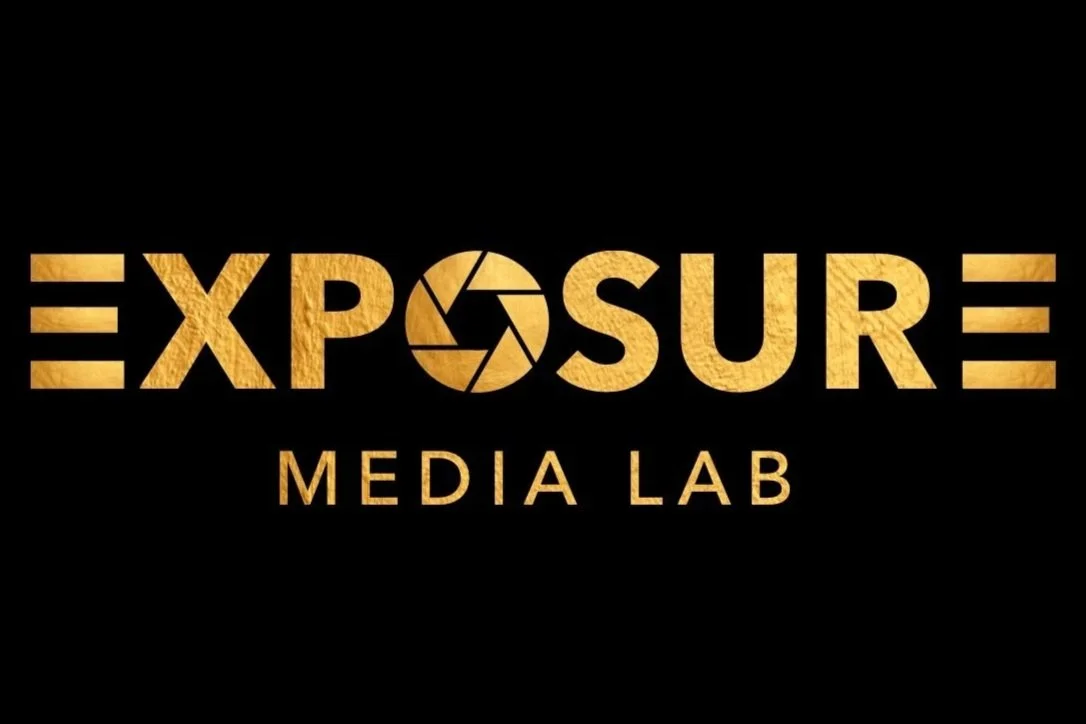How to Compete with an Established Brick-and-Mortar Business as a Startup in Today’s Global Market
In today’s hyperconnected world, startups face both the biggest opportunities and the toughest competition. If you’re launching a new business, chances are you’re stepping into an industry already dominated by established brick-and-mortar players with loyal customers, physical visibility, and decades of trust.
But here’s the truth: you can absolutely compete—and even win—if you play smart.
Exposure Media Lab marketing consultants have seen startups outmaneuver traditional businesses not by trying to outspend them, but by leveraging digital strategy, agility, and customer insight. Let’s break down how.
1. Start with Clarity — Know Your Niche and Value
Established companies often try to serve everyone. That’s your advantage — you don’t have to.
As a startup, your first goal isn’t to be “bigger,” it’s to be sharper. Define a niche that the big players overlook. Maybe it’s personalized service, sustainable sourcing, or faster delivery.
Ask yourself:
What gap exists in the current market experience?
What frustrates customers about the existing brick-and-mortar option?
What can I offer that feels fresh, modern, or more relevant to today’s buyers?
That clarity becomes your brand positioning—your reason customers will choose you.
2. Go Digital-First — Build an Online Presence that Works Hard
Traditional brick-and-mortar businesses often rely heavily on physical foot traffic and word-of-mouth. You, however, have the world at your fingertips.
Your website, social media, and Google profile are your digital storefront—and they’re open 24/7.
Here’s what to focus on:
Website: Keep it fast, mobile-friendly, and built to convert (clear CTA, professional visuals, easy navigation).
SEO & Local Search: Optimize for both global and local audiences—make sure customers find you when they search online.
Social Media: Choose platforms where your audience actually spends time. Focus on storytelling, authenticity, and community engagement.
Remember: while they have a physical store, you have global reach.
3. Leverage Agility — Move Faster Than They Can
Startups win not by having more resources, but by being nimble.
Established companies often struggle with bureaucracy and slow decision-making. You, on the other hand, can test, pivot, and adapt quickly.
Try micro-campaigns instead of massive rollouts.
Listen to customer feedback and adjust instantly.
Jump on emerging trends before competitors even notice them.
In today’s fast-paced digital landscape, speed is your greatest marketing weapon.
4. Build Relationships, Not Just Transactions
Brick-and-mortar businesses rely heavily on repeat customers—but their loyalty often comes from habit, not connection.
As a startup, you can build loyalty differently: through personalized communication and emotional engagement.
Use email marketing to nurture leads and provide value.
Respond to messages and comments personally.
Create content that educates, inspires, or entertains—not just sells.
Customers today don’t just buy products—they buy experiences and values. Let your story resonate with theirs.
5. Compete on Experience, Not Price
Trying to undercut established businesses on price is a losing game. Compete on experience instead.
Offer something they can’t easily replicate:
Simpler online checkout
Seamless mobile experience
Flexible return policies
Subscription or loyalty programs
Outstanding customer service
A great experience keeps people coming back—and gets them talking about you.
6. Collaborate, Don’t Just Compete
One underrated strategy? Partner smart.
Collaborate with influencers, creators, or even complementary local businesses to expand your reach and credibility. Partnerships can help you quickly tap into existing customer bases and build awareness faster than traditional advertising alone.
7. Tell a Brand Story That Feels Human
People are drawn to authenticity, and startups have a unique advantage here—you’re still close to your mission.
Let people see:
The why behind your business
The faces behind the brand
The journey of building something new
A well-told story creates emotional connection—and that’s something even the biggest companies struggle to fake.
Final Thoughts: The New Playing Field Is Digital, Not Physical
Competing with a brick-and-mortar giant isn’t about having the same resources—it’s about using smarter ones.
The modern consumer doesn’t just shop locally; they shop digitally, emotionally, and consciously. If you can deliver value, relevance, and connection in those areas, your size doesn’t matter.
Remember: every established brand today was once a startup that simply refused to play small.
Contact Exposure Media Lab now, we can help your brand with reaching the market that expands your customers network base.
